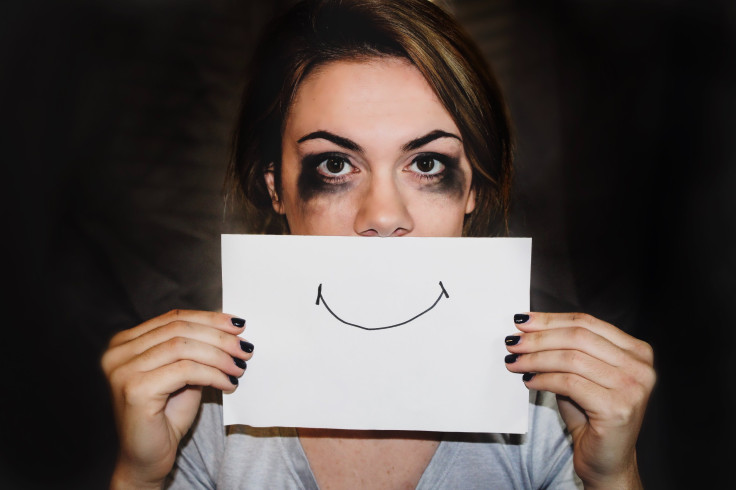
Since the coronavirus pandemic hit the world, it wasn’t just the economy it hurt -- there have been several accounts by people admitting that the prolonged lockdown has had an adverse effect on their mental health as well as in-person therapy is not a possibility now. The solution? Mental health apps on app stores are experiencing a surge of new users who are turning to the medium to seek the help they need.
There exits more than 20,000 mental health apps on app stores online and range from AI chatbots, mood trackers, and include renowned services like the competitors, Talkspace and BetterHelp, as per the American Psychological Association.
In the same period last year, the apps had observed a 30% fall in first-time downloads but this year since January the top 20 mental wellness apps in the U.S. hit four million first-time downloads in April. Every year, “these apps experience a strong January due to New Year’s resolutions but a decrease in subsequent months,” Sensor Tower co-founder Alex Malafeev shared with CNBC. “This wasn’t the case in 2020 due to COVID-19.”
Given this spike in the number of users, even though the economy and other businesses are suffering amidst the pandemic, mental health firms have raised a record of $576 million, which is 60% more than observed in any other quarter to date.
The two most-downloaded apps, Talkspace -- which offers video and text-based therapy -- and Betterhelp, have also observed their user count getting double between mid-March and May 1. Given this spike, the frequency of therapists applying to join Talkspace has also risen more than 500 percent, as shared by Neil Leibowitz, the company’s chief medical officer.
According to BetterHelp’s CEO Alon Matas, the number of users downloading their app has more than doubled. The spike in numbers has led both the platforms to get more therapists on board.
“In terms of kind of a supply and demand approach, demand is definitely spiking, but our supply is also shooting up, so we’re still pretty confident on being able to accommodate this,” Matas said.
But the increased usage of mental health apps also increases the risk of the personal information of users being leaked to third party platforms like Facebook or MixPanel. These platforms can then commercialize the info without the user’s knowledge or send the info to a fourth party,, said Quinn Grundy, an assistant professor at the University of Toronto’s Faculty of Nursing.
“Data is really the currency in the app market,” Grundy said. “What this pandemic is doing is laying bare pre-existing issues.
© 2025 Latin Times. All rights reserved. Do not reproduce without permission.



